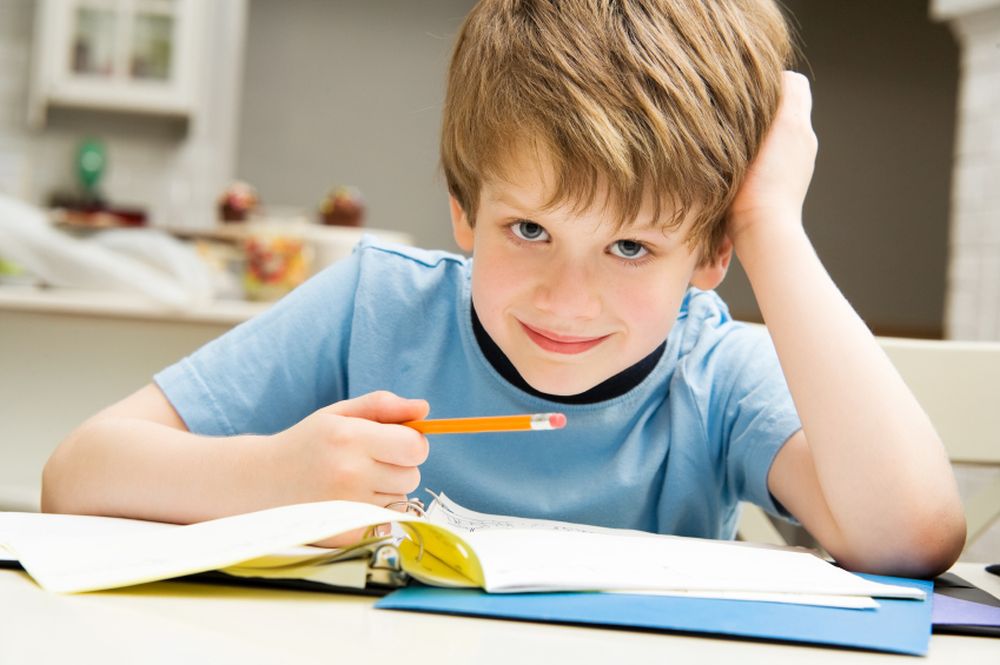Despite research and anecdotal evidence to the contrary, the idea persists that homeschoolers live in isolation and are never properly socialized. The reality, however, is quite different.
A Common Misconception
Traditional school settings provide only one type of atmosphere and one group of people for kids to interact with. Since the very definition of socialization is to learn rules, cultures, traditions and acceptable behavior in a society, how kids learn to interact in this limited setting is what they’ll take with them throughout the rest of their lives.
Studies show that kids who homeschool are often better socialized than their peers in traditional school. They perform better in college and are more able to get along in “real world” settings. Homeschooled kids are less likely to misbehave, are less rowdy and get along better with others.
Development of Life Skills
Traditional school settings teach rules that mostly pertain to school and have little application once kids get out in the real world. Homeschoolers, on the other hand, aren’t restricted to what can be learned in the classroom and have been found to spend more time learning skills that will help them succeed in the future, including:
- How to interact with people of different ages
- Appropriate reactions in a variety of life situations
- Working in a group or as a team
- Leadership abilities
Rather than setting them apart in isolation, being exposed to diverse groups of people and a variety of situations at a young age gives homeschoolers a social advantage. As they grow, they’re more able to adapt to changing situations than kids who are confined to a narrower scope during the most important years of their social development.
Socializing as a Homeschooler
There are many opportunities that homeschooled children can take advantage of to further their social skills. Play groups and group study time hosted by homeschooling parents give kids the opportunity to hang out with others their own age in an environment moderated by adults that they trust. In these situations, parents are able to model the behaviors that they want to teach their children and reinforce positive interactions.
Homeschoolers can also participate in activities within the community such as dance and martial arts classes, scout troops, sports teams and music groups. With all of these different choices, homeschooled kids are never at a loss for something to do that bolsters social development and builds new life skills.
